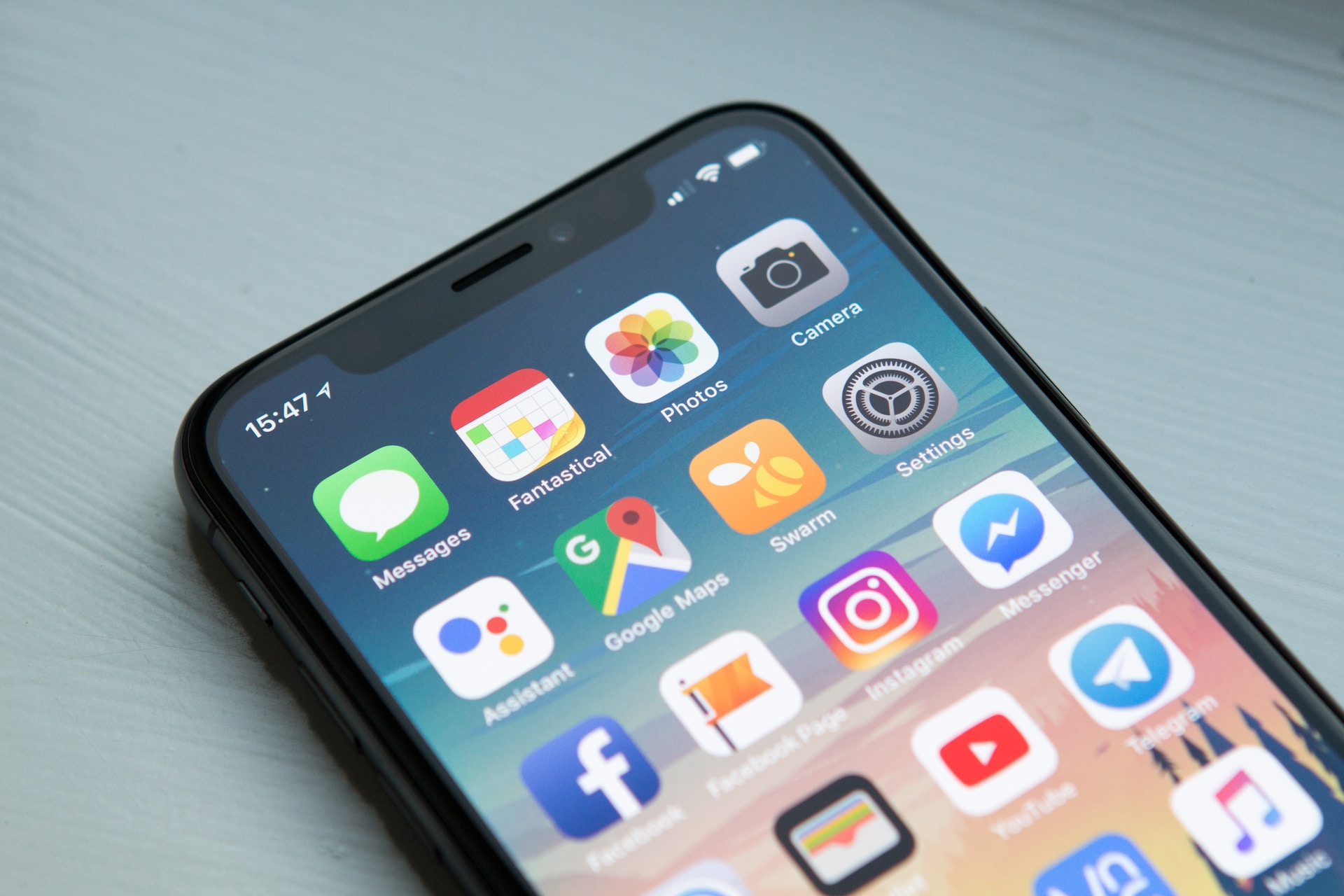What will change in the EU for Google, Facebook, Amazon, Apple, TikTok and Twitter

With the Digital Services Act, the European Union wants to regulate the digital far west of big tech. Facebook, Amazon, Apple, TikTok and Twitter are also among the 19 companies that will be subjected to stricter controls by EU regulators from 25 August. All the details
The number of big techs under the magnifying glass of the European Commission rises to 19. "They will have to change their behavior if they want to continue operating in Europe", warned yesterday the commissioner for the internal market and services, Thierry Breton, announcing the tightening on the basis of the new rules present in the Digital Services Act (Dsa).
Among the giants that will be subjected to stricter control by European regulators from 25 August are also Google, Facebook, Amazon, Apple, TikTok and Twitter.
WHAT IS THE DIGITAL SERVICES ACT FOR?
The Digital Services Act (DSA) is the new regulation on digital services, approved by the European Parliament together with the Digital Markets Act (DMA). The two measures make up the Digital Services Package, a broader project for redefining the rules of the digital environment.
As explained by the European Council , the DSA – which entered into force in November 2022 – modified the existing rules according to the principle: "what is illegal offline should also be illegal online". The goal is in fact to make the digital environment safe, protecting the rights of users.
WHO CONCERNS
The DSA applies to all digital services that connect consumers with goods, services or content.
However, there is a distinction between large platforms and smaller companies or startups: big tech, i.e. services with over 45 million users, will have greater responsibilities, while smaller platforms will be able to enjoy exemptions.
WHAT DOES IT PROVIDE
The new regulation aims to limit the online dissemination of illegal content and products, offering users more choice and better information.
Furthermore, advertisements based on sensitive data of the user – such as ethnic origin, political opinions or sexual orientation – will no longer be displayed, with a de facto prohibition of profiling. Particular attention is then dedicated to the protection of minors, with special risk assessments that also include the potential negative effects on their mental health. Finally, there are measures against disinformation.
Regulators can control content to reduce harmful comments and set rules for the use of artificial intelligence (AI).
Finally, the platforms concerned will have four months to comply with the new rules set by the DSA, the violation of which entails fines of up to 6% of the annual turnover and, in the event of a repeat offense, a ban on operating on European territory.
THE COMPANIES IN THE VIEW
Apple has now joined the online platforms already under surveillance such as Alibaba AliExpress, Zalando, Booking, Instagram, LinkedIn, Pinterest, Snapchat, Wikpedia, YouTube, Google Play, Google Maps, Google Shopping and the two search engines Bing and Google Search. AppStore, Facebook, Amazon Marketplace, Twitter and TikTok, for a total of 19 digital companies.
But the list, as anticipated by Breton, could also get longer. In particular, the Commission is still examining four or five platforms on which a decision will be taken in the coming weeks.
The companies were indicated based on their user base, which had to be disclosed by February 17th.
Major platforms such as Spotify and Uber, says Euractiv , have simply declared that they have not met the threshold, despite being asked to publish the exact figure. And pornographic sites like PornHub could be in the crosshairs of European regulators for declaring too low figures.
TWITTER, SPECIAL SURVEYED…
Brussels has also reported that it will pay close attention to Twitter, which will face "a significant amount of work to comply with the new regulation".
At Breton's request, the platform will in fact conduct a stress test at its San Francisco headquarters at the end of June.
…TOGETHER WITH SOMEONE ELSE
But Twitter won't be the only one to have its eyes on you. The French commissioner added that he "can't wait to be invited to the ByteDance headquarters to better understand the origin of TikTok and the other innovations that ByteDance is developing".
Breton also intends to speak with the CEO of Meta, Mark Zuckerberg, because he is "particularly concerned" about Facebook's content moderation system and the role that the platform has played in hybrid warfare in some Central and Eastern European countries about the conflict in Ukraine.
This is a machine translation from Italian language of a post published on Start Magazine at the URL https://www.startmag.it/innovazione/per-le-big-tech-ce-ancora-futuro-ue/ on Wed, 26 Apr 2023 08:54:10 +0000.
